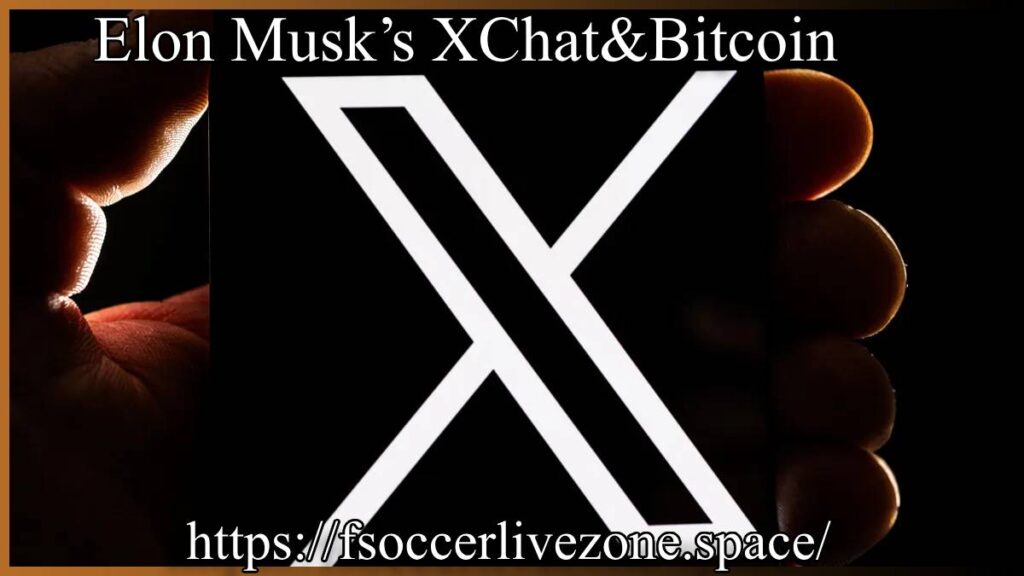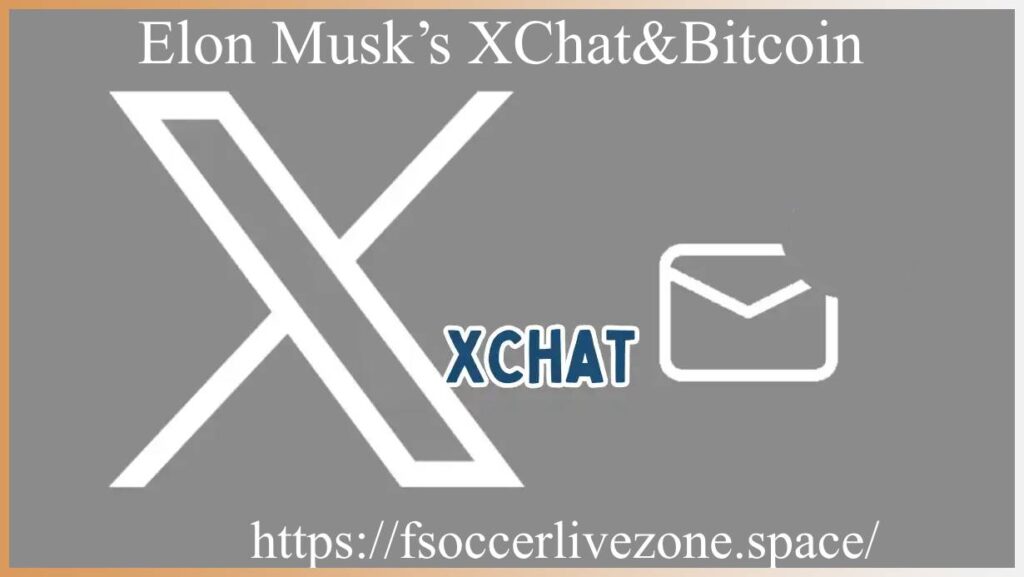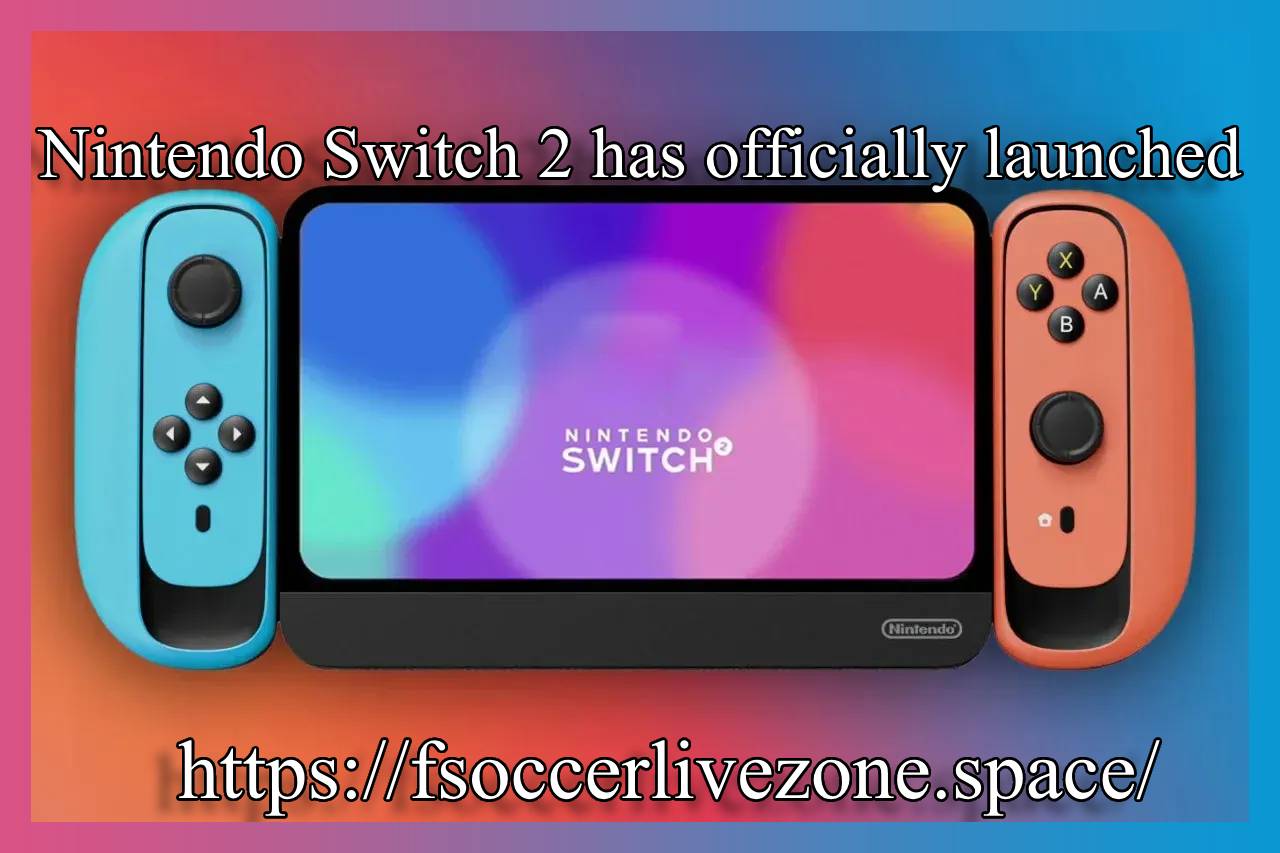Discover how Elon Musk’s XChat is redefining secure messaging with end-to-end encryption, no phone number, and deep integration into the X platform.
Elon Musk has once again sparked intrigue in the tech world with the launch of XChat, a secure messaging service integrated into the broader X platform (formerly known as Twitter). Designed with privacy, functionality, and innovation in mind, XChat aims to rival the most popular messaging platforms by offering powerful encryption, seamless communication tools, and a key role in Musk’s “everything app” vision.
we explore what XChat is, the technology driving it, its standout features, how it stacks up against competitors like WhatsApp, Telegram, and Signal—and what it means for the future of digital communication.
🔍 What Is XChat?
XChat is an encrypted messaging app developed by Musk’s team as part of the evolving X platform. It allows users to send secure messages, make voice and video calls, and share files—all while prioritizing user privacy. Currently in beta, XChat is available to a limited audience, especially X Premium subscribers.
Unlike traditional messaging apps that rely heavily on phone numbers and centralized infrastructure, XChat is designed to integrate smoothly with other X services and minimize personal data exposure.
Behind the Technology: Built with Rust and “Bitcoin-Style Encryption”
One of the key highlights of XChat is its backend built using Rust, a systems programming language acclaimed for memory safety and performance. This choice underscores Musk’s commitment to creating secure, efficient software.
Another notable claim is XChat’s use of “Bitcoin-style encryption.” Though somewhat ambiguous, this likely refers to cryptographic principles similar to those used in blockchain technology—possibly hinting at decentralized message encryption protocols like BIP-151, which enables encrypted peer-to-peer communication.
While the term lacks clarity, it indicates a focus on trustless, end-to-end secure architecture, setting XChat apart from conventional encryption models.

Key Features of XChat: Elon Musk
XChat combines the best of modern communication tools with a strong emphasis on security and usability:
1. End-to-End Encryption
Messages are encrypted from sender to recipient, ensuring that even XChat servers cannot access the content. This is fundamental to user privacy.
2. Disappearing Messages
Users can set messages to auto-delete after a set time, reducing the risk of data exposure and enhancing confidentiality.
3. No Phone Number Required
Unlike WhatsApp or Telegram, XChat does not require a phone number, helping preserve user anonymity and lowering the entry barrier for privacy-conscious individuals.
4. Voice & Video Calls
XChat supports high-quality audio and video communication without linking to personal phone numbers, a rare and welcome feature in secure messaging apps.
5. Cross-Platform Support
Available on iOS, Android, and Web, XChat ensures consistent access across all major devices.
6. Secure File Sharing
Users can share media and documents securely, knowing that files are encrypted during transmission.
7. 4-Digit App Lock
An optional 4-digit passcode adds an extra layer of device-level security, protecting conversations even if your phone is compromised.
XChat’s Role in the “Everything App” Vision
Musk’s long-term goal for X is to create a super app—akin to WeChat in China—that merges social networking, communication, payments, e-commerce, and more into a single, unified experience. XChat is a cornerstone in this strategy, potentially serving as:
- The default communication tool across the X platform
- A gateway to peer-to-peer payments via the upcoming XMoney feature
- A secure channel for both personal and business interactions
- The messaging backbone of a decentralized, privacy-first internet model
By embedding XChat into this ecosystem, Musk aims to consolidate multiple user needs into one seamless, encrypted environment.
Comparing XChat to WhatsApp, Telegram, and Signal
| Feature | XChat | Telegram | Signal | |
|---|---|---|---|---|
| End-to-End Encryption | ✅ Default | ✅ Default | ❌ Only in Secret Chats | ✅ Default |
| Phone Number Required | ❌ | ✅ | ✅ | ✅ |
| Voice/Video Calls | ✅ | ✅ | ✅ | ✅ |
| Disappearing Messages | ✅ | ✅ | ✅ | ✅ |
| Open Source | ❌ (unknown) | ❌ | ❌ | ✅ |
| Beta Status | ✅ | ❌ | ❌ | ❌ |
While platforms like Signal excel in security and Telegram in functionality, XChat’s integration into a broader digital ecosystem and lack of dependency on phone numbers make it a unique competitor—assuming its security claims hold up under scrutiny.
Security Concerns and Community Response
Despite its promising feature set, XChat has faced early skepticism—especially around the vague term “Bitcoin-style encryption.” Experts note that Bitcoin primarily uses hashing and digital signatures, not traditional message encryption, and without detailed documentation or third-party audits, it’s difficult to verify XChat’s security claims.
For a privacy app to earn trust, it must be transparent, possibly open-source, and undergo rigorous external audits. Until then, privacy advocates are likely to approach with caution.

Early User Feedback
Beta testers have reported positive experiences, praising the app’s speed, sleek design, and smooth integration with the X platform. The ability to call or message without sharing personal identifiers is particularly appealing.
However, concerns remain over data policies, encryption standards, and whether Musk’s ambitions will align with the app’s real-world performance and privacy promises.
Challenges XChat Must Overcome
Despite its potential, XChat faces several hurdles:
- Lack of transparency on encryption methods
- Stiff competition from well-established apps
- User skepticism due to Musk’s sometimes overhyped announcements
- Regulatory scrutiny, especially if financial features are introduced
- Content moderation concerns, including how XChat handles abuse and misinformation
The Road Ahead: Will XChat Redefine Messaging?
If Elon Musk delivers on the promises behind XChat, it could:
- Offer a new gold standard for privacy-first communication
- Revolutionize messaging by embedding it into a larger app for finance, commerce, and social networking
- Set a precedent for integrating decentralized technology into mainstream communication platforms
Yet, its success will ultimately hinge on transparency, technical integrity, and user trust—not just celebrity endorsement.
Final Verdict
XChat is more than just another messaging app—it’s a strategic move toward transforming X into a next-generation super app. With a focus on encryption, device independence, and seamless platform integration, it has the potential to reshape how we communicate online.
But for now, the app remains in beta, and the true measure of its impact will depend on how it addresses current concerns and scales its features to a global user base.





